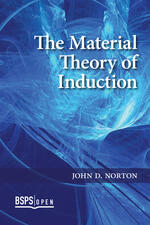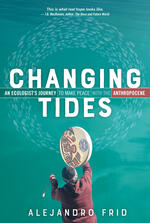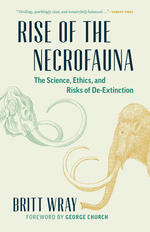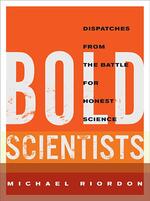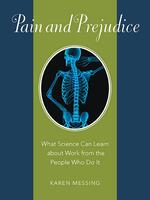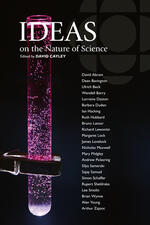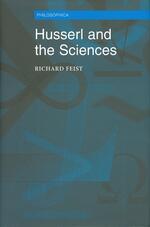- Find Books and Publishers
- Funding
-
Fairs and Events
Philosophy & Social Aspects
The Large-Scale Structure of Inductive Inference
The Large-Scale Structure of Inductive Inference investigates the relations of inductive support on the large scale, among the totality of facts comprising a science or science in general. These relations ...
The Material Theory of Induction
The burden of a theory of inductive inference is to determine which inductive inferences are good and why they are so. This book argues against the assumption that inductive inference can be accommodated ...
Changing Tides
In Changing Tides, Alejandro Frid, an ecologist working with Indigenous people, argues that a merger of scientific perspectives and Indigenous knowledge might just help us change the story we tell ourselves ...
Rise of the Necrofauna
By (author) Britt Wray
Foreword by George Church
Categories: Ethics and moral philosophy
Series: David Suzuki InstituteWhat happens when you try to recreate a woolly mammoth—fascinating science, or conservation catastrophe? In this provocative and enlightening book, Britt Wray explores the controversial new science ...
Bold Scientists
As governments and corporations scramble to pull the plug on research that proves that they are poisoning our planet and rush to muzzle the scientists who dare to share their disturbing data, it seems ...
Pain and Prejudice
In 1978, when workers at a nearby phosphate refinery learned that the ore they processed was contaminated with radioactive dust, Karen Messing, then a new professor of molecular genetics, was called in ...
Ideas on the Nature of Science
If science is neither cookery, nor angelic virtuosity, then what is it? Modern societies have tended to take science for granted as a way of knowing, ordering, and controlling the world, where everything ...
Husserl and the Sciences
Edmund Husserl (1859-1938) is one of the previous century’s most important thinkers. Often regarded as the "Father of phenomenology," this collection of essays reveals that he is indeed much more than ...
Hunting the 1918 Flu
In 1918, medical science was at a loss to explain the Spanish flu epidemic, which swept the world in three great waves and killed an estimated 20 to 40 million people in just one year, more than the number ...

